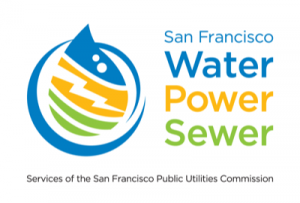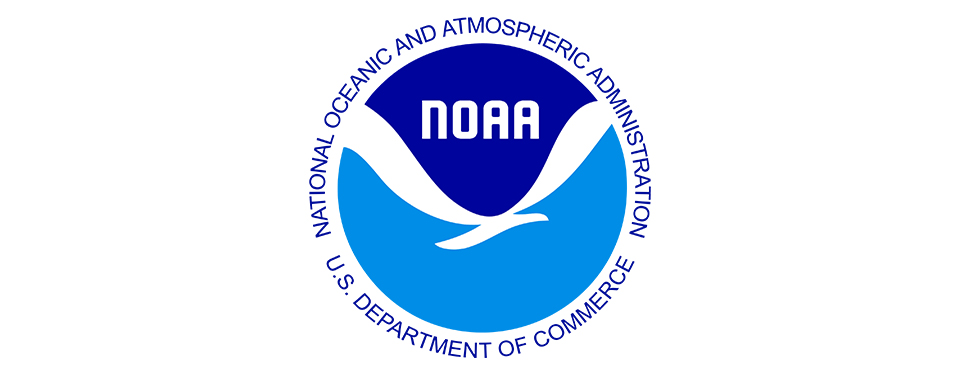Pursuit
This research group pursues the broad concept of water sustainability through water resources systems analysis, decision theory, and the study of hydroclimatology. Water sustainability will be achieved decision by decision, and our goal is to make each decision better informed. A current focus is the use of AI to accelerate adaptation to climate change in the water sector. The work is inherently interdisciplinary and we seek meaningful collaboration with social scientists, earth scientists, ecologists and data scientists. A current focus is the use of AI to accelerate adaptation to climate change in the water sector.
Publications
See ResearchGate and Google Scholar for a complete list (please note GoogleScholar continuously adds papers to the site that are not mine – symptomatic of a common last name).
Current Projects
 NSF Convergence Accelerator Track D: America’s Water Risk: Water System Data Pooling for Climate Vulnerability Assessment and Warning System
NSF Convergence Accelerator Track D: America’s Water Risk: Water System Data Pooling for Climate Vulnerability Assessment and Warning System
The NSF Convergence Accelerator supports use-inspired, team-based, multidisciplinary efforts that address challenges of national importance and will produce deliverables of value to society in the near future.
This project on Water System Data Pooling for Climate Vulnerability Assessment and Warning System addresses a major gap in the resiliency of America’s Water Supply, viz., resiliency to climate variability and change, especially focusing on the vulnerability of thousands of smaller utilities in the United States that may lack the financial wherewithal and technical capacity to analyze these risks and assess their impact on operations. This project establishes a convergence research agenda by bringing together experts in water systems, climate science, AI technologies, emulation models and software development for the conceptual design, development, and sharing of Artificial Intelligence (AI) and Machine Learning (ML) models to quantify America’s water supply risk at the level of water utilities and their regulatory state and federal agencies.
 NSF PFI: AdaptLab: Water System Analytics for Adaptation to Climate Change
NSF PFI: AdaptLab: Water System Analytics for Adaptation to Climate Change
This NSF-RP proposal presents a research plan and strategy to transition research results in climate vulnerability assessment and adaptation planning to commercial technology products and services. The PI’s previous NSF-funded research (CBET-1054762 CAREER: Robust Management of Climate Uncertainty for Ecohydrological Sustainability) and additional funding provided by the Rockefeller Foundation, San Francisco Public Utility Commission, the California Department of Water Resources and the World Bank, has achieved significant methodological advances in decision analysis for climate uncertainty, and specifically the “decision scaling” methodology (e.g., Brown et al, 2012; Steinschneider et al., 2016; Poff et al., 2017). The research will establish a sustainable industry-university exchange through the development of a joint venture commercial enterprise with our industry partners (Arup, Deltares, Microsoft) focused on continuous improvement and promotion of the software platform and leverage collaboration with the Global Center on Adaptation to foster a continuous challenge-innovation-learning ecosystem with engineering consultancies, infrastructure providers and public agency representatives.
 NASA HIMAT: Characterizing future changes in glacier melt, snow melt, and regional runoff to inform adaptation decisions in high mountain dependent economies
NASA HIMAT: Characterizing future changes in glacier melt, snow melt, and regional runoff to inform adaptation decisions in high mountain dependent economies
The Himalaya, Hindu-Kush, and Karakoram mountain ranges form the greatest band of mountains on the planet. The balance of this water cycle is changing, and the current and future state of glaciers and rivers that provide the bulk of usable water in this sensitive ecosystem is highly uncertain. By working directly with the people of HMA, we maximize the power of NASA’s earth observations to improve societal outcomes.
To that end, we will 1) use Planet, Sentinel-2, and Landsat imagery to estimate discharge in high mountain proglacial rivers in Nepal, and use glacier models to constrain the relative contribution of ice melt to river discharge across all of HMA; 2) develop projections of climate change and its impact on water resources for Nepal informed by our remote sensing output and using climate stress testing and deep uncertainty framework pioneered by our team members; and, 3) co-develop with Nepal water and energy authorities a Himalayan futures scenario analysis platform based on the decision scaling framework and informed by the advances in scientific understanding learned here and across GMELT. The platform will enable development scenarios to be evaluated in view of climate changes, and we envision generalizable applicability across HMA.
Charting a Resilient Future for the Rio Grande
The future of the Rio Grande hinges on shared commitment by those who depend on it to embrace change at home, on farms, in cities, and at the state and national levels. Given the precarious state of the river and rapidly changing climate, these changes must be swift and strategic—and provide a basin-wide perspective that establishes water availability, natural resource conditions, and trends at a broad scale—along with smart responses to the basin’s daunting issues. In this project we partner with WWF, the Univ of Maryland Center for Environmental Studies (UMCES), and the Audubon Society to assess options to improve the resilience of the Rio Grande.
 Partnership to Address Climate Uncertainty in Cost Benefit Analysis
Partnership to Address Climate Uncertainty in Cost Benefit Analysis
In this project we are partnering with the Millennium Challenge Corporation to create a project review process that incorporates consideration of the need for adaptation to climate change, using the principles of Decision Making under Deep Uncertainty.
 SFPUC Long Term Vulnerability Assessment and Planning
SFPUC Long Term Vulnerability Assessment and Planning
We are partnering with the San Francisco Public Utilities Commission to assess the vulnerability of the system to climate change and other long term uncertainties, including demographic change and financial uncertainties. The study is being conducted in close collaboration with analysts with SF Water.
Water Supply Augmentation Strategy (WSAS) for Santa Cruz Water Department
The city of Santa Cruz faces important questions regarding its water future. Already one of the lowest per capita water users in the nation, climate change threatens to reduce their supply further. In this study we will use advanced analytics to evaluate possible solutions, including aquifer storage and recovery, and climate adaptation to their challenging future.
Completed Projects
We have a constantly changing portfolio of research projects including basic science projects funded by NSF, NOAA, NASA and DOD SERDP, and applied projects funded by partners such as the World Bank, California Department of Water Resources, and various municipalities. You can learn more about some of those here.
Completed Projects
Paraphernalia (aka Tools)
We often create new analytical tools in our research and like to share them. The latest can be found here.





